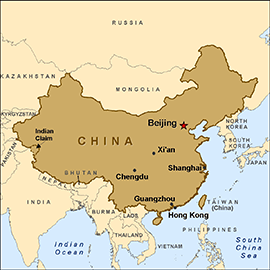BOFIT Discussion Papers 24 • 2014
with Claudio Cozza and Marco Sanfilippo
Using a new firm-level database, EMENDATA, this paper investigates the effects on Chinese multinational enterprises of Outward FDI (OFDI) into advanced European countries. Propensity score matching is combined with a difference-in-difference estimator to reduce the problems of self-selection of treated firms in foreign markets. The results provide robust evidence in support of the view that China’s OFDI had so far a positive impact on domestic activities in enhancing firms’ productivity and scales of operation.
